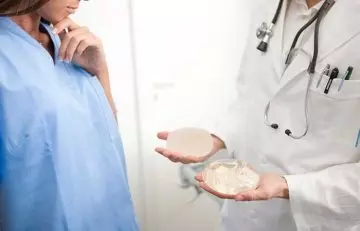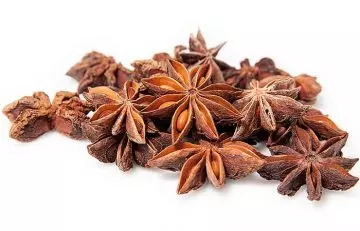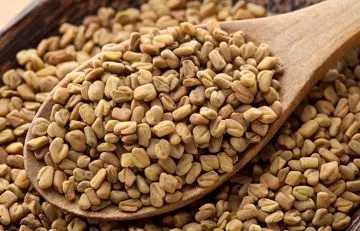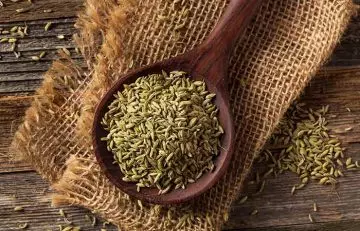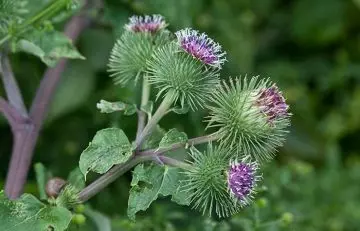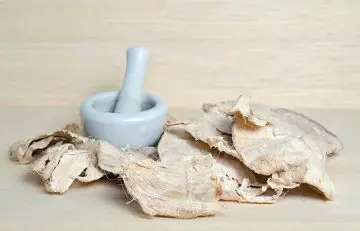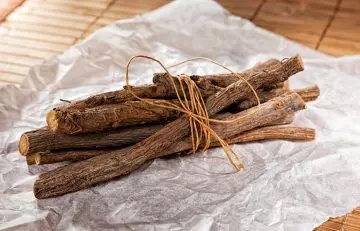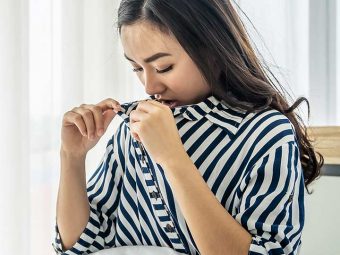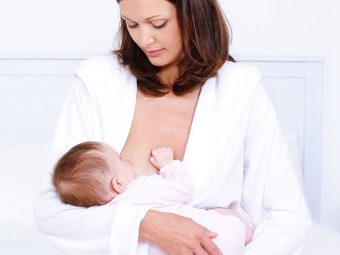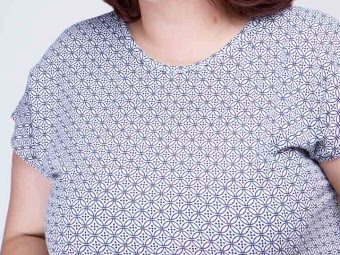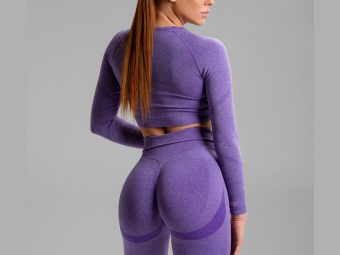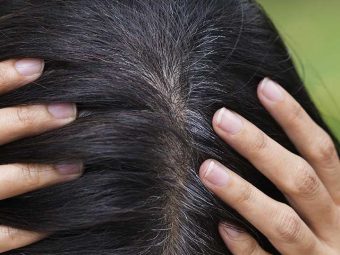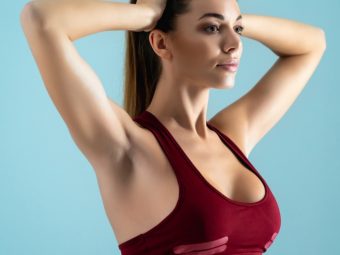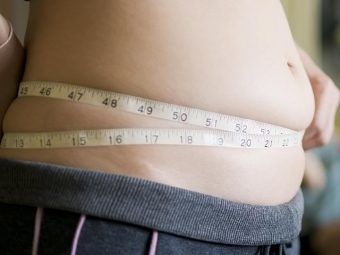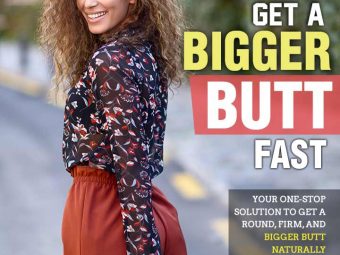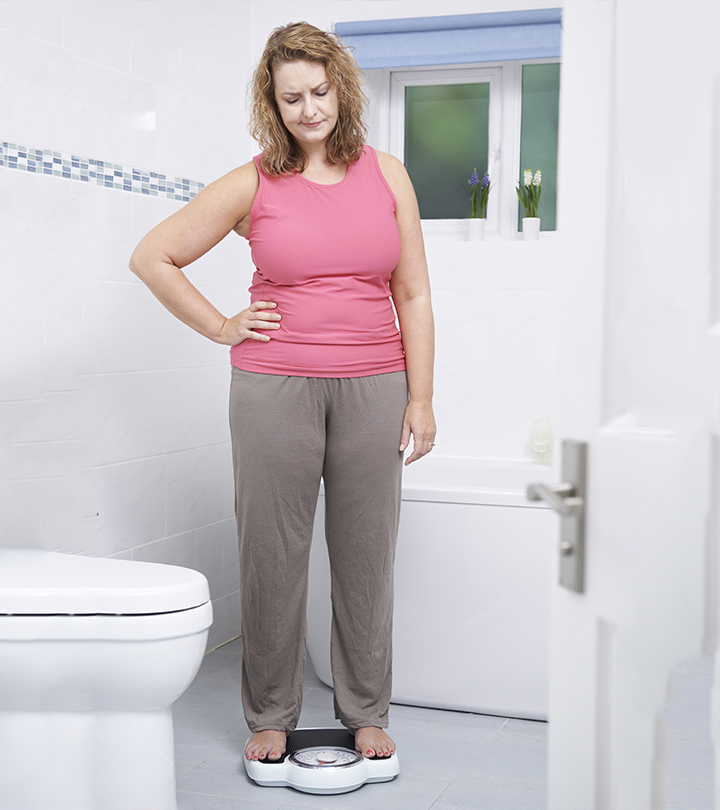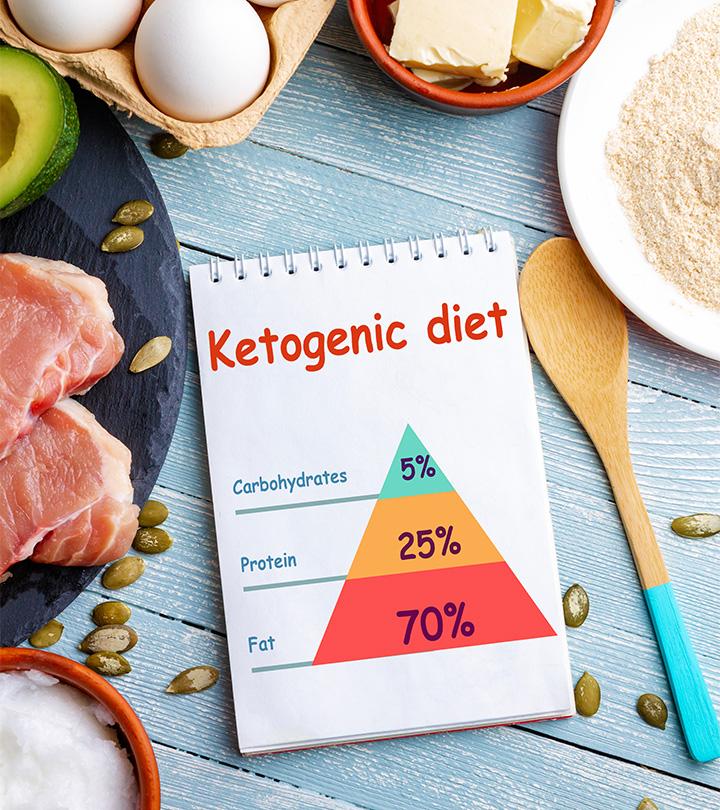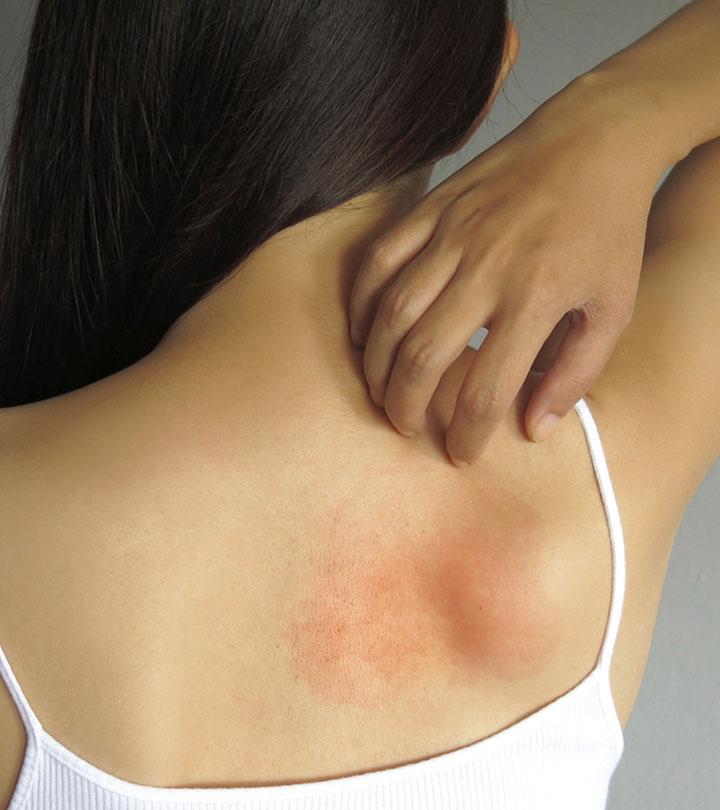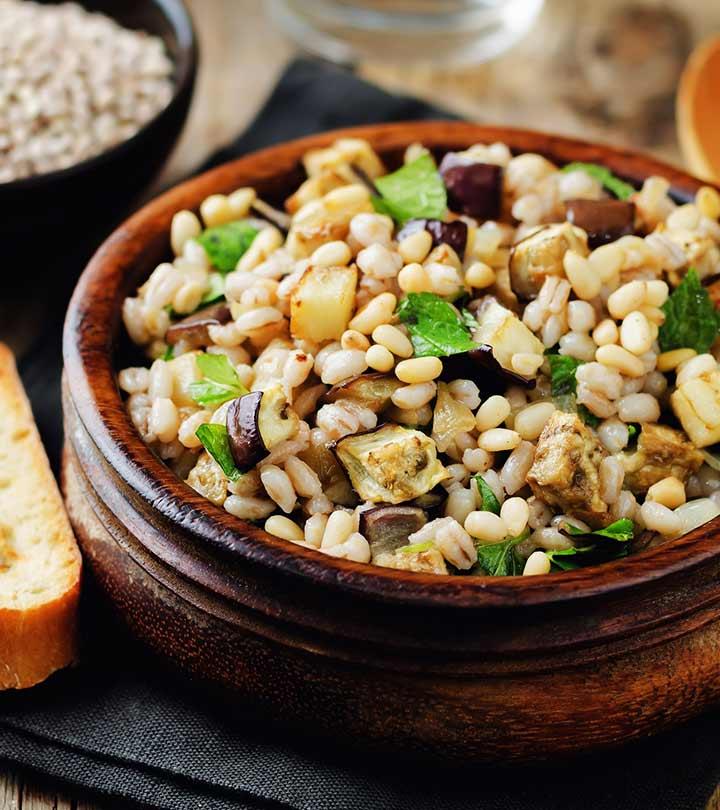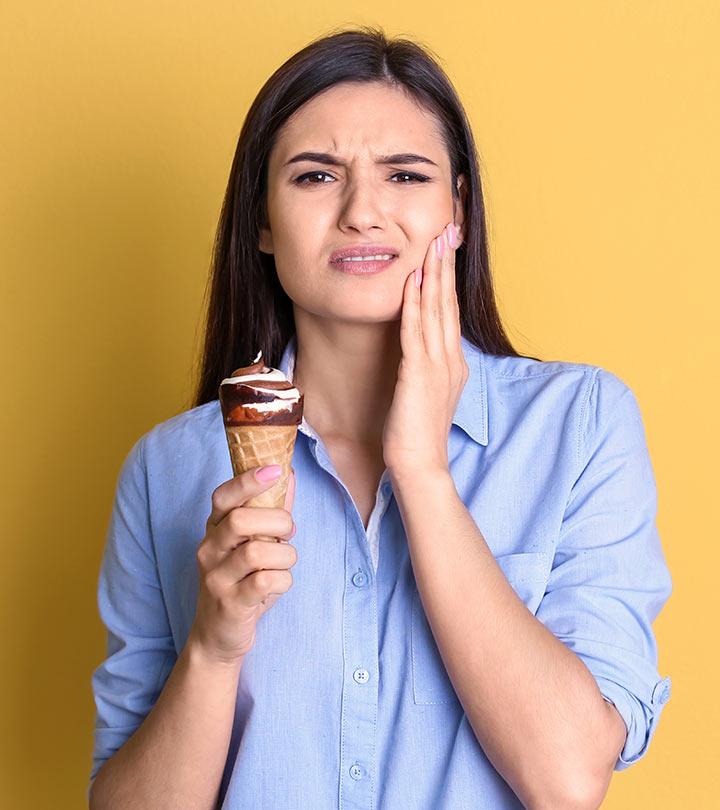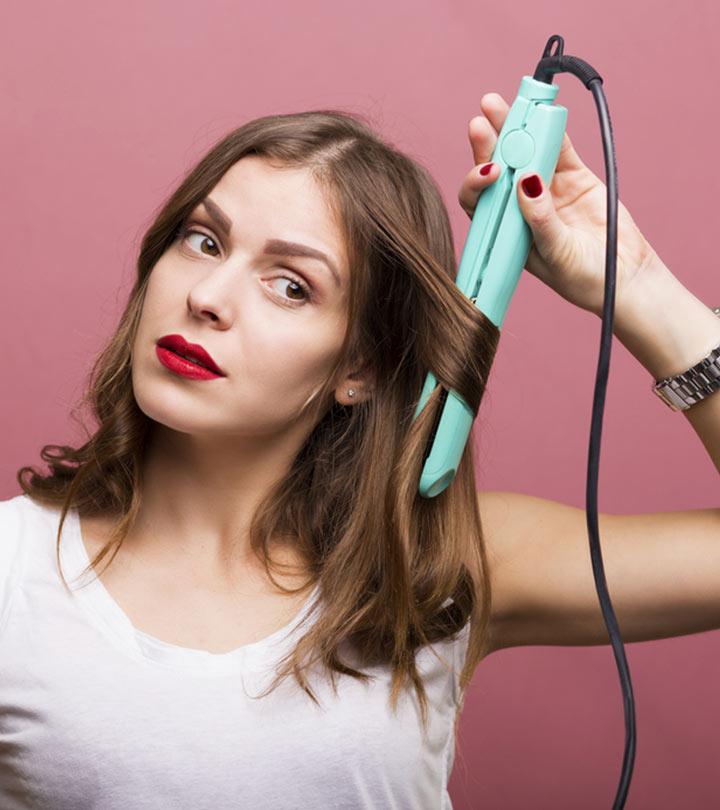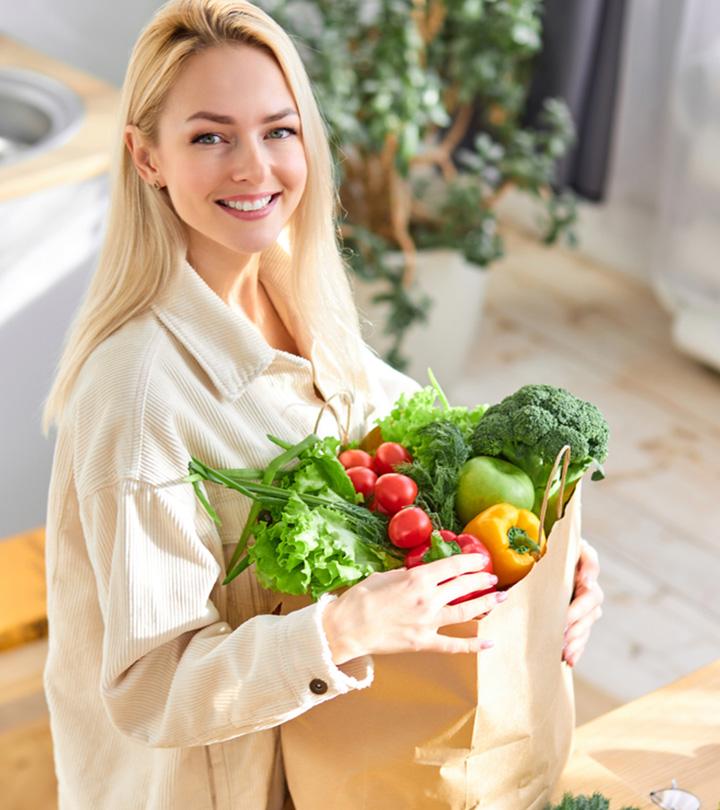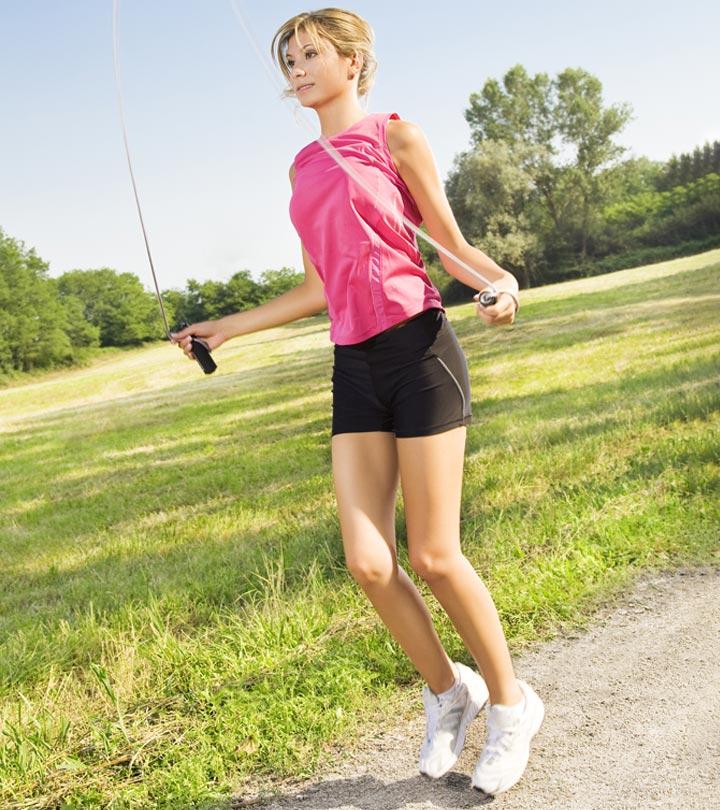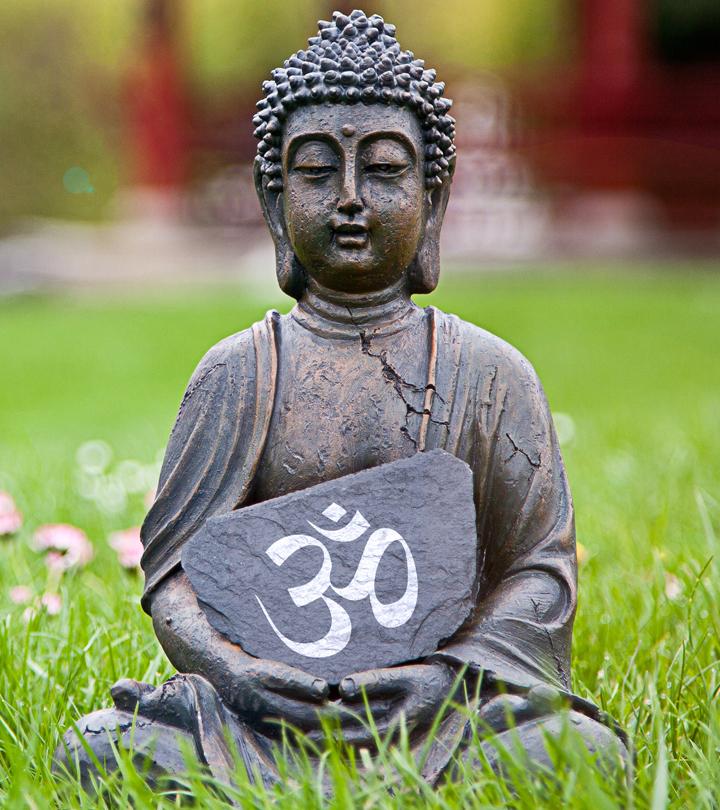6 Plants That Will Help Your Breasts Grow Naturally
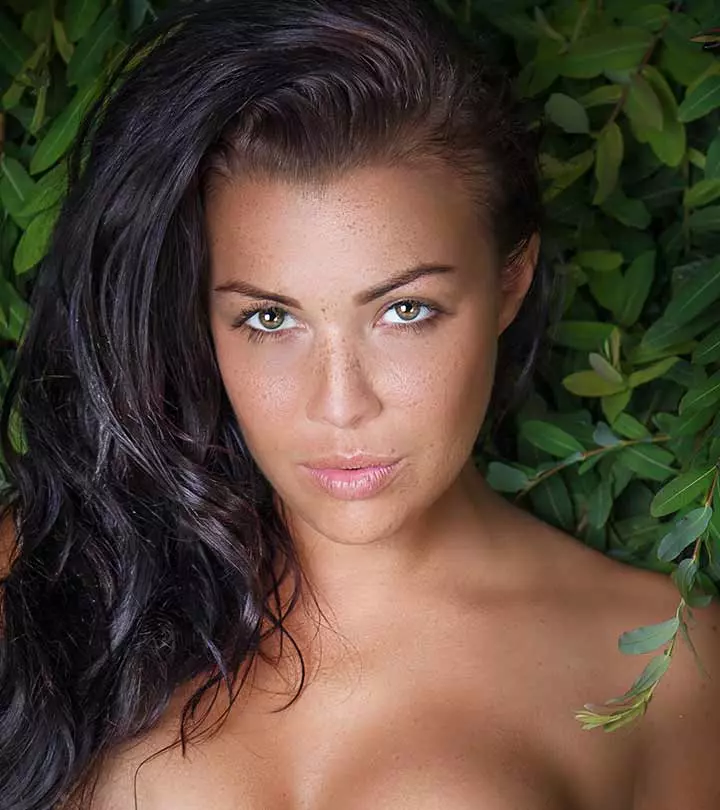
Image: iStock
Since time immortal, breasts have been a sign of female beauty and fertility. Especially breasts that happen to be on the larger side of the mammary gland spectrum. History is flooded with ancient texts and works of literature that wax lyrical on the beauty of women with full-grown, blossomed breasts. And this very same trend has now followed us in the 21st century.
So, if you’ve been unhappy with your cup size and are tired of investing in artfully deceptive push-up bras – don’t be too disheartened, you’re not alone. But instead of busting hard-earned bucks on expensive and scary surgeries, why not give Mother Nature a try?
I Like Big B-usts And I Cannot Lie…
Studies as well have been conducted to understand the fascination we have with larger female breasts. One particular study, conducted in 2004 by the Department of Epidemiology and Population Studies at Jagiellonian University in Poland, also strived to understand this breast size mystery. Their research concluded that men, indeed, used breast size to assess a female’s level of attractiveness.
The researchers hypothesized that this may be due to the fact that female subjects who had larger breasts were also found to have higher levels of progesterone and 17-beta-oestradiol (read: female sex hormones), indicating greater fertility (1).
So, it doesn’t really come as a big surprise that every day, it seems like more and more women are vying for bigger busts. And, their number #1 go-to solution? Breast augmentation surgery.
In the last decade, a record number of women have opted to go under the knife in order to attain their perceived version of beauty. But this, however, is starting to come at a price. In the past few years, the Food and Drug Administration, FDA, has identified a horrifying association between breasts implants and a very rare type of blood cancer – anaplastic large cell lymphoma (ALCL) (2). Yikes.
Early in 2017, the FDA issued a safety alert, warning women who are considering breast implant surgery of a possible risk of ALCL. It has also reported 9 confirmed deaths from breast implant induced ALCL (3).
Ditch The Silicon And Try These Natural Breast-Augmenting Plants Instead!
Not only is going under the knife expensive, but it also carries several life-threatening risks. But don’t lose hope, here comes Mother Nature to the rescue! These all-natural solutions are not only reliable but also time-tested. Check out these six powerful plants that can give you the bosom of your dreams:
1. Anise
Anise seeds, also referred to as motee saumf, are extremely popular. For almost centuries, anise seeds have been utilized in Chinese herbal medicine to prevent and treat a multitude of ailments, such as upset stomachs, asthma, constipation, nicotine dependence, seizures, and low libido.
But perhaps, most importantly, anise seeds possess formidable breast enhancing abilities that don’t rely solely on its healthy fat boosting constituents. Studies have shown that anise seeds contain compounds like anethole, photoanethole, and dianthole, which can significantly increase the production of estrogen in a woman’s body (4). They’ve also been found to treat infertility and stimulate lactation.
2. Fenugreek
Locally known as methi, fenugreek seeds contain a significant amount of phyto- (read: plant) diosgenin and estrogen that can stimulate the prolactin hormone, which contributes towards breast tissue growth. It is advised to ideally drink fenugreek seed tea daily to see maximum results. Another old wives’ tale recommends making a paste of fenugreek seeds or alternatively using fenugreek oil itself to gently massage your breasts. An additional viable option is to take fenugreek supplements. Consult your doctor for the correct dosage.
Potential side effects of fenugreek consumption include stomach cramps or diarrhea at high dosages. Also, caution – it is recommended that pregnant women steer clear of fenugreek as it could potentially bring about premature uterine contractions.
3. Fennel
Fennel seeds or saumf, are another known estrogenic food brimming with the goodness of phytoestrogens that can stimulate breast tissue growth. Just like anise seeds, fennel seeds are also rich in anethole, photoanethole, and dianthole that have been found to boost a woman’s endogenous estrogen production.
Potential side effects include nervous system disruptions at very high doses. Other than that, don’t hesitate in indulging in post meal saumf anymore!
4. Greater Burdock
Originally from Thailand, this positively miraculous plant is also the active ingredient of several renowned anti-wrinkle products. It is also one of the primary ingredients in commercially available creams and pills that claim to enhance breast growth.
5. Pueraria Mirifica or Jungali Ratalu
Another powerful herb from Thailand, pueraria mirifica, or what we call as jungali ratalu in India, is another known ingredient in anti-wrinkle skin care products that have been acclaimed by beauty gurus worldwide. In recent years, throughout Asia, it has also gained a lot of attention as being a breast enhancement super herb!
6. Licorice
According to the NIH, or National Institution of Health, licorice has been found to raise our body’s estrogen levels once ingested.Although there haven’t been any studies to recommend an optimum licorice dosage to enhance breast tissue growth, the NIH, however, recommends 1ml of pure licorice extract to be taken thrice a day for an upset stomach. Caution, licorice must be avoided by those afflicted with low blood sugar.
So there you have it, six natural estrogenic boons from Mother Nature to boost your bust size. No more teenage stints of stuffing that bra with tissue paper anymore! Instead, have a cup of fennel seed tea instead.


